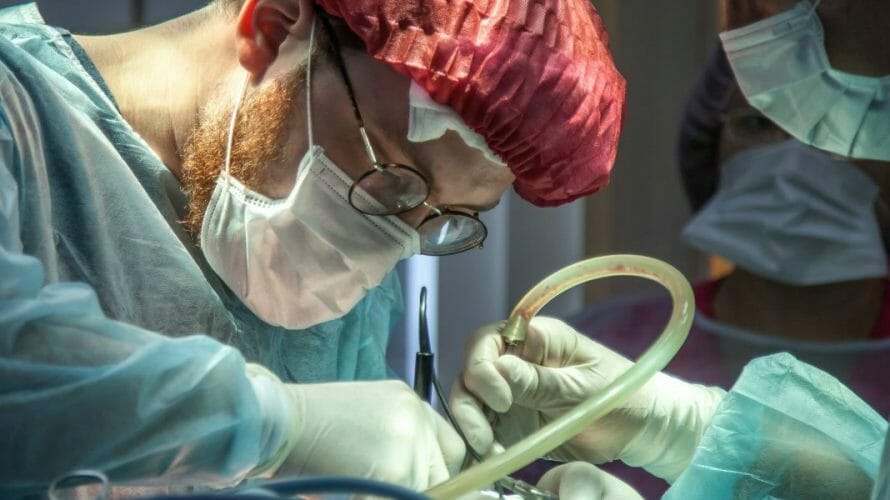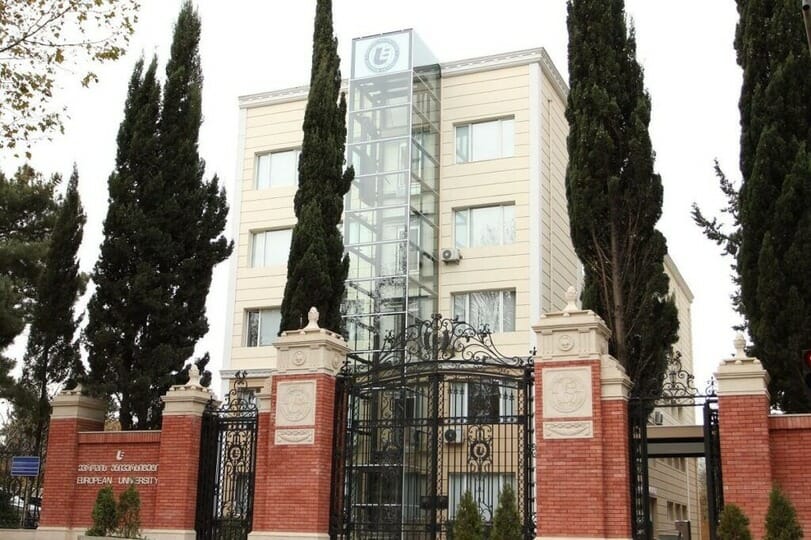Is the UK desperate for Overseas trained Doctors?

Choosing to study medicine and dentistry overseas comes with a lot of excitement and anxiety. An overwhelming amount of irrational fears get stuck in your head. I get it; I've been there myself. Those irrational thoughts usually involve the worry that you may not get hired when you try to come back to work in the UK after graduating.
Fear not! You'll be happy to hear that the statistics prove otherwise. The National Health Service (NHS) heavily depends on recruiting overseas-trained doctors, nurses and healthcare professionals from abroad. The NHS depends so heavily on hiring international staff that the NHS couldn't cope without them.
Table of Contents
Studying Medicine Overseas
As of October 2019, the General Medical Council data shows that 34.3% of doctors with a license to practice in the UK obtained their primary medical qualification overseas.
In plain words, 1 in 3 doctors practising in the UK received their qualification from overseas medical universities. The NHS needs to have access to graduates who studied medicine overseas. In the British Medical Association's (BMA) own words:
“Overseas trained doctors have for many years made a valuable and important contribution to the NHS, especially in key services where there has been a historic shortage of UK trained doctors. Without the support of these doctors, many NHS services would struggle to provide effective care to their patients”.
This fact alone should put your heart at rest once you consider studying medicine abroad.
UKMLA
At the end of the day, it's about how much work you put in. Whether you study medicine at Cambridge University or an overseas medical school, everyone will have to sit the UK Medical Licensing Assessment (UKMLA) exam or the PLAB, which, in 2024, will become compliant with the same requirements as the MLA. This exam won't discriminate between which medical school you went to; it will only discriminate how much medical knowledge you have from the amount of hard work you have put in.
This offers equal opportunity to all potential individuals who want to work as doctors in the UK, mainly because of how desperately the General Medical Council (GMC) needs overseas doctors:
“The UK relies on doctors from overseas to deliver a substantial amount of patient care. Their contribution is vital...”
Studying Dentistry Overseas
As you may know, dental care in the UK is provided privately, albeit the NHS partially pays for vulnerable patients. Hence, the process of hiring dentists is different. Despite the difference, dental healthcare in the UK heavily depends on recruiting dentists who study dentistry overseas.
Data from private company Christie & Co found that 27.8% of dentists qualified to work in the UK received their dental qualification abroad. This is a similar statistic for the number of doctors who studied abroad, meaning the exact same thing. British dental care is heavily reliant on hiring dentists who are qualified overseas.
Similar to the UKMLA, dentists who graduated abroad must take the Overseas Registration Exam (ORE) exam. Again, this test does not discriminate between which dental school you graduated from, as it's based on your clinical knowledge.
While both exams are something you can ace with your hard work, Medlink Students also provide ongoing support to give you that extra push you'll need to pass with flying colours.
Study Medicine Overseas
Take the first step towards your dream of becoming a doctor by enquiring now about your options for studying medicine overseas.
Leave a Reply

About Medlink Students
Leading international recruitment company for medical students in Europe. British Council Certified Agents. 10+ years of experience and more than 10,000 students advised.








